RZSS WildGenes Blog: Genomics and the illegal trade in African forest elephants
01/06/2016 in Conservation
For the last two years, RZSS WildGenes has been working on an exciting project in Association with the National Agency for National Parks(ANPN, Agence Nationale des Parcs Nationaux) in Gabon.
Cutting edge genomic technology is being used to discover thousands of genetic SNP (Single-nucleotide polymorphism) markers for African forest elephants and then geneotype hundreds of fecal and carcass samples which have been collected during country-wide surveys. Led by Stephanie Bourgeois, the project ultimately aims to create a genetic map of this species across Gabon.
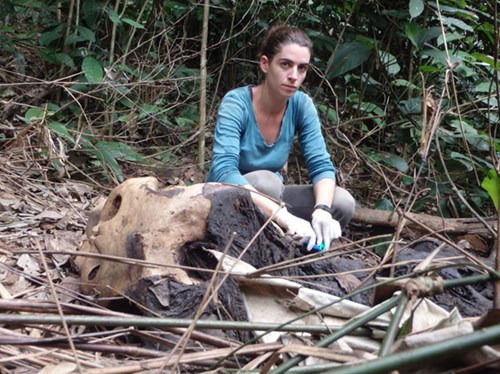
(Stephanie Bourgeois sampling elephant carcasses in Gabon)
The data generated in this project will enable us to design forensic tests capable of individually identifying poached elephants. It will also allow ANPN to gather information on the geographic origin of seized ivory.
The technical challenges of generating high quality data from these sort of low quality fecal samples are not to be underestimated, however. Typically, high quality DNA is required to generate the resolution required to produce a good genetic map. The humid conditions of the tropics, however, result in the rapid degradation of DNA.
To that end, a big component of the project (apart form long hours conducting field surveys!) has been working on the improvement of DNA collection, extraction and quantification techniques in the lab at RZSS WildGenes. Probes designed from the genetic sequencing of high quality tissue samples are then used to examine fecal samples that have passed through a rigorous pipeline of quality control and improvement.
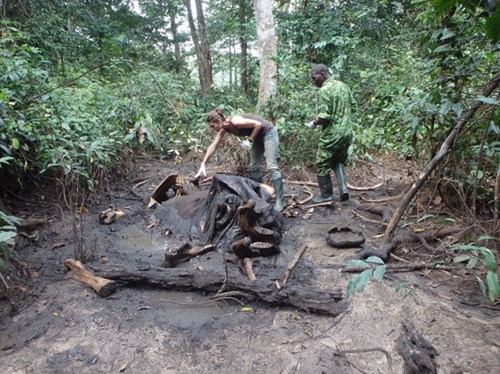
(Stephanie Bourgeois sampling elephant carcasses in Gabon)
This genetic map will be an invaluable tool in law enforcement and the fight against the illegal trade in forest elephants. We are extremely grateful to CEEAC for their support of the project, under the ECOFAC V Programme (Fragile ecosystems of Central Africa), funded by the European Union.
Our work in Gabon is just one example of how the role of genetics research is growing within conservation efforts. Next time I look forward to sharing a bit of insight into how genetics are used in the classification of species.
Dr Helen Senn
WildGenes Programme Manager
Featured Articles

An update from the Budongo Forest
19/04/2024 in Conservation
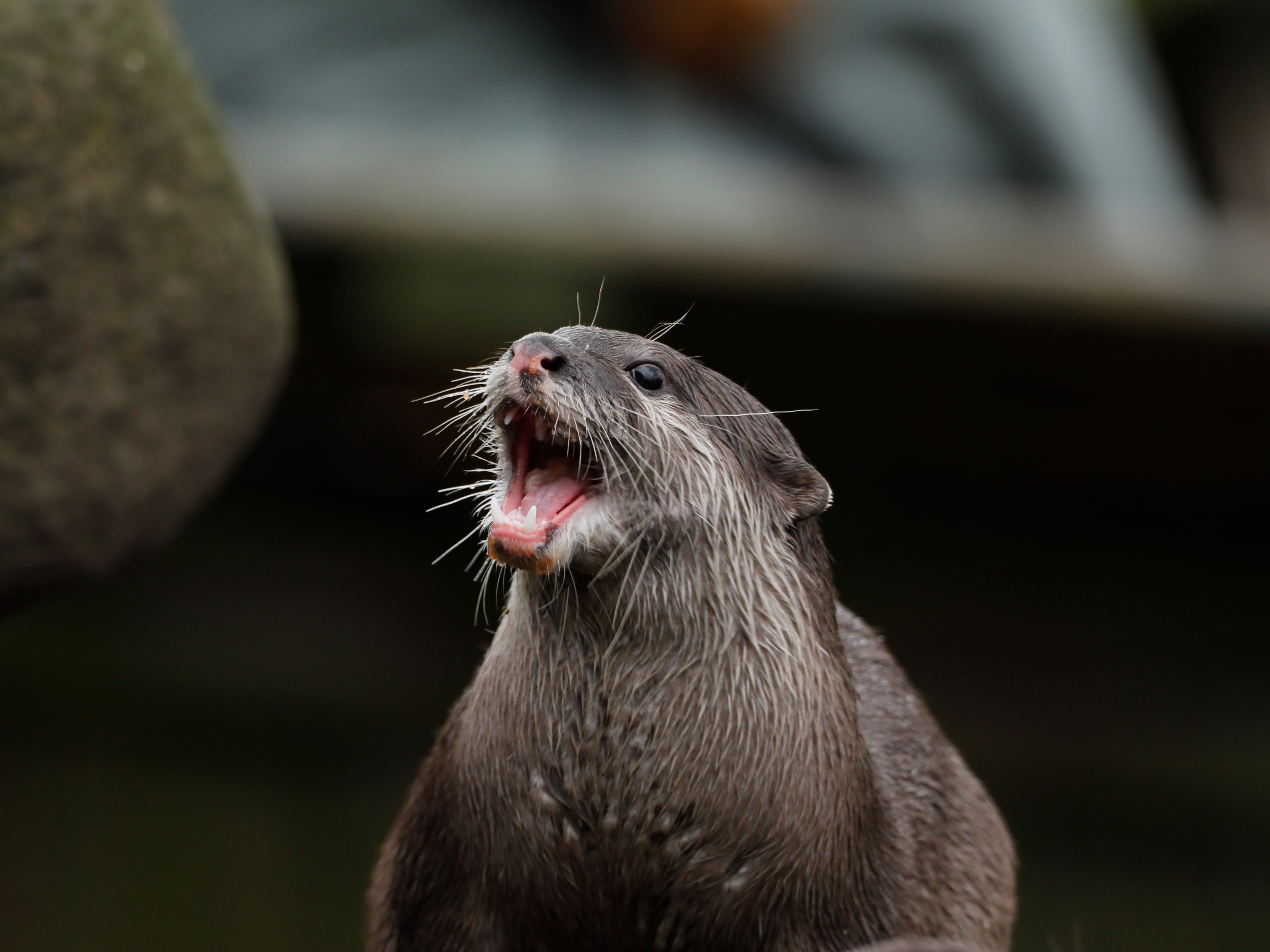
Edinburgh Zoo named best zoo in Scotland
15/04/2024 in Edinburgh Zoo
Latest News
-
Blog

20/01/2024
Penguin Awareness Day 2024
Edinburgh Zoo is home to the largest outdoor penguin pool in Europe, with three different species and over 100 individuals. This penguin awareness day get to know some of the famous faces in the colony who you can also watch live on our penguin cam.
-
Blog

21/09/2023
Tracking penguins in the Southern Oceans
Earlier this month at the 11th International Penguin Congress in Viña del Mar, Chile, Dr Heather Ritchie-Parker, one of our conservation charity’s research scientists, presented important data which explores the connectivity between endangered Northern rockhopper penguin colonies.
-
Blog

30/08/2023
A library for genetics
In a hidden area within the Royal Zoological Society of Scotland’s (RZSS) Edinburgh Zoo, the RZSS WildGenes Biobank preserves important genetic material for conservation research and population management.
-
Blog

24/07/2023
What’s on the menu for the European wildcats
European wildcat is a secretive species, and so it is difficult to observe their hunting and feeding behaviour in the wild. Analysing their scats is an alternative way to find out what they eat and therefore how they fit into the ecosystem. RZSS WildGenes scientists developed a technique to detect DNA of different prey species in scat samples.

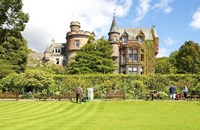
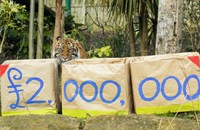
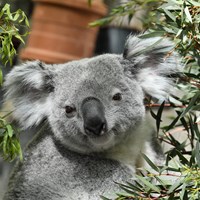
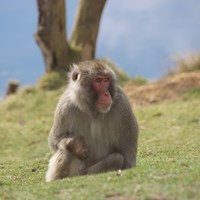
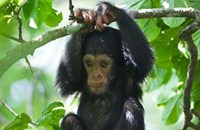
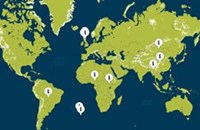
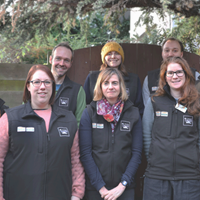
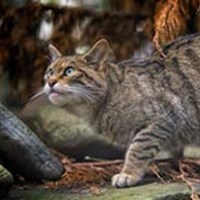
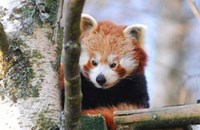
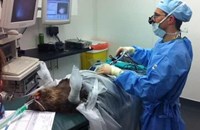

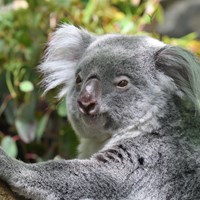
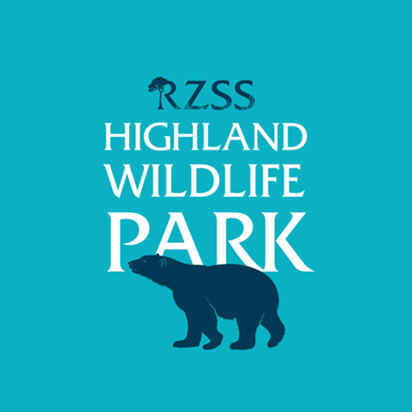
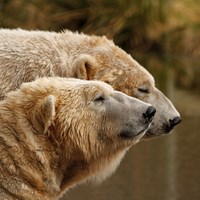

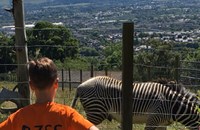

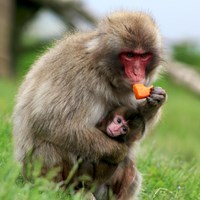
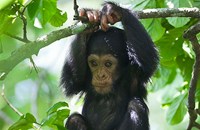
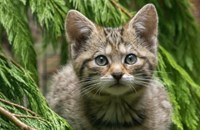
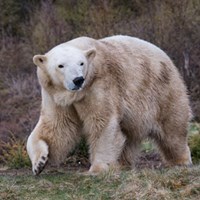
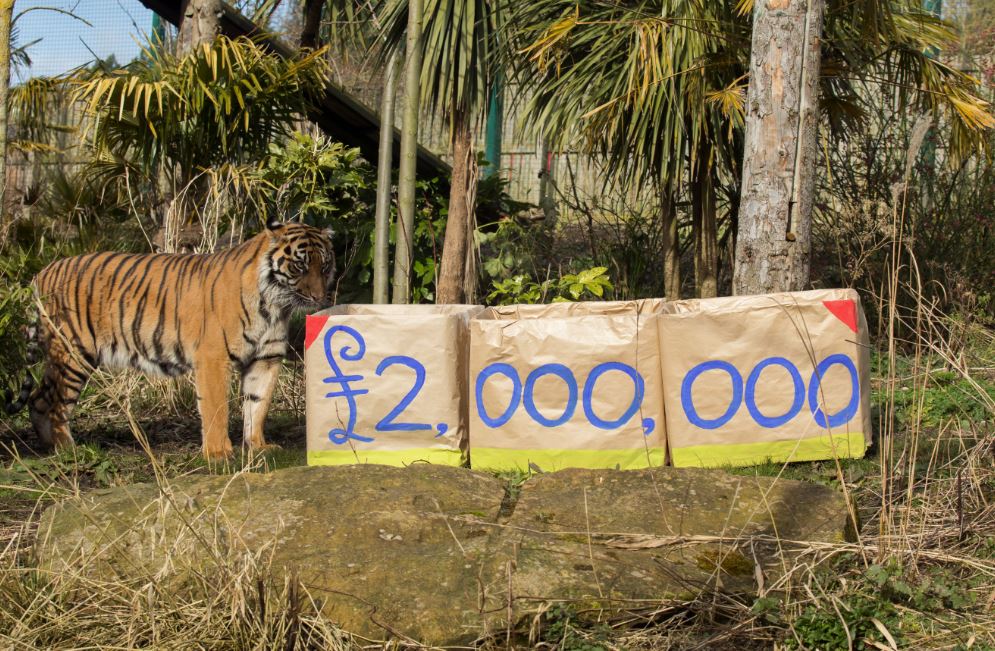
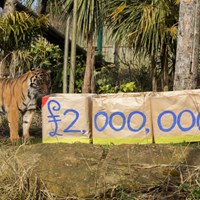
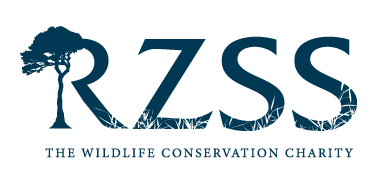
Follow EZ